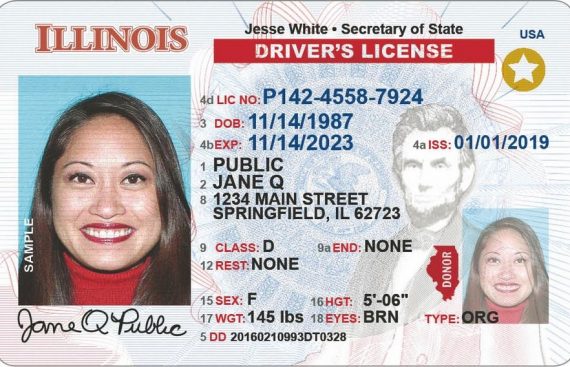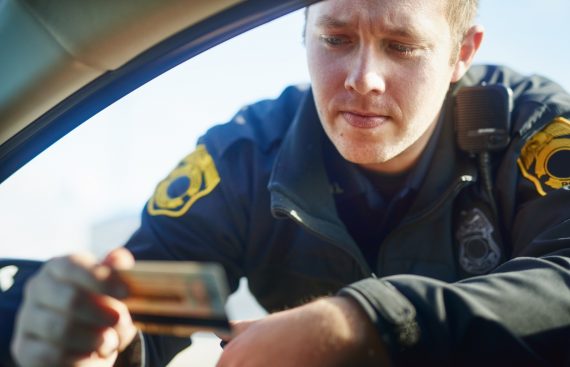Joliet DUI Defense
Beyond a reasonable doubt – the best DUI defense
A dui is a criminal charge. Therefore, it requires the prosecution prove the case beyond a reasonable doubt. This can be a persons best dui defense. It is the highest burden of proof in our court system.
A person charged with a dui does not have to give evidence to prove innocence. The government has the burden of proof, and, therefore, must establish guilt. As such, the best dui defense is the case was not proven by beyond a reasonable doubt.
Actual physical control
The prosecution must always proof the defendant was in “actual physical control” of a motor vehicle. Unfortunately, the law is generous to the government on this definition. It does not need be shown that a defendant was actually driving a vehicle. Simply having the ability to take control and operate the vehicle is enough, such as being behind the wheel of a parked car.
However, this can be difficult to prove if the police officer did not observe the defendant behind the wheel. This usually will occur if there was an accident or a disabled car causing the officer to arrive after the vehicle was driven.
If a person is not seen in control of the vehicle, and makes no statements admitting to operating it, a valid dui defense exists to beat the case.
Discrediting the Police Officer
Modern technology is a valuable tool for a strong dui defense to discredit the police officer. Simply, it is the use of a squad video, which have become common.
In many situations, it makes the police officer’s testimony meaningless. The video allows a judge or jury to actually see the event without needing to rely on the police version.
Without a video, it will often be a police officer’s version of the case versus the defendants’. Usually, that does not work as a successful dui defense.
Legal Basis to Stop Vehicle
There must be a legal basis for the police officer to stop a car. Typically, the officer will say there was some type of moving violation. If that testimony can be discredited, a judge could rule the stop of the vehicle was improper and, therefore, force the prosecution to dismiss the case.
This can be a difficult dui defense. There are many reasons a police officer can legally stop a vehicle.
No Probable Cause to Arrest
Beyond having a legal basis to stop a vehicle, a police officer must have probable cause to believe a crime was committed to make an arrest.
For dui, the officer must have probable cause to believe there was actual physical control of a motor vehicle while impaired, or with an illegal drug in the body.
Beating a dui for no probable cause to arrest can be a valid dui defense. But, the burden is on the defense to show a judge that there was no probable cause. Probable cause for an arrest is a much lower standard than proof beyond a reasonable doubt.
A judge only needs to determine that the police officer had a reasonable basis to believe that a person was in control of a vehicle while impaired or with an illegal drug in the body.
DUI Defenses Related to Breath Test or Other Test
In Illinois, someone who drives with a blood alcohol content (BAC) level of .08% or above is guilty of a DUI. Therefore, actual intoxication does not matter.
Police officers always ask a person to submit to a breath test or other chemical test. The results of these tests are, typically, the strongest part of the prosecution’s case against.
If the result of the test can be challenged, a judge may determine it cannot be used at a trial.
The police must follow specific procedures and prove those procedures were followed.
Many factors can affect chemical tests rendering the results inaccurate and, therefore, not allowed as evidence.
Our Experience as a Joliet DUI Defense Lawyer
Former prosecutor Steven Haney has handled hundreds of DUI cases involving all situations. He served as the Chairman of the Will County Bar Association Criminal Law Committee. He is in the Aggravated traffic courts of Will County on a daily basis and knows DUI defense second to none. To discuss in confidence your situation, contact us at 815-723-5600.






